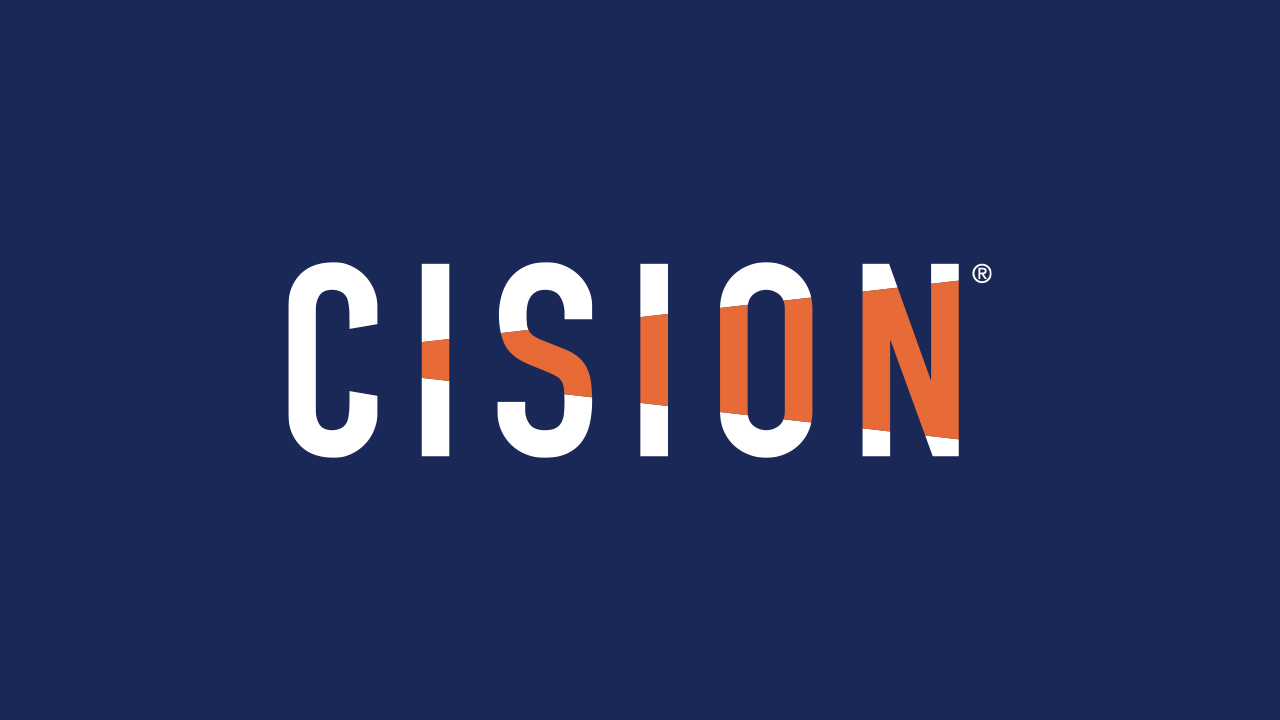Find out why The PHA Group took the unusual step of avoiding national media to help generate cut-through for the key messages surrounding last year’s Responsible Gambling Week.
Campaign: Responsible Gambling Week 2018
Client: Industry Group for Responsible Gambling
PR team: The PHA Group
Timing: June – November 2018
Summary
The Industry Group for Responsible Gambling wanted a targeted social responsibility campaign to promote responsible gambling among customers and the wider public. Responsible Gambling Week (RGW) took place across the UK and Ireland, 1–7 November, 2018.
Objectives
- Raise awareness of the campaign among gambling operators and encourage participation
- Raise awareness among customers of how to gamble responsibly
- Raise awareness of the tools available to help customers gamble responsibly
- Raise awareness among gamblers and in the wider community of where to find help and support for those who need it
Strategy and implementation
The prevalence of gambling, especially among young adults, has become a contentious political issue. Gambling operators have a statutory obligation to ensure their customers gamble responsibly, but they also have a duty as good corporate citizens to go beyond their statutory commitments.
But how do you reach your customers with these responsible gambling messages? The PHA Group reviewed research on the subject, including by Playing Safe, an independent academic panel working with the casino industry, which suggested an informal, conversational tone has greater cut-through than heavy-handed public health-style messaging. Younger gamblers perceive this as ‘too nanny state’.
The PHA Group were asked for input into the campaign messaging and it was agreed there would be five central messages:
- Set your limits for time and money
- Only spend what you can afford
- Gambling is not the answer to any problem
- Gambling shouldn’t interfere with your personal relationships
- Gambling when angry is not a good idea
In addition, there were 20 ‘conversation starters’, designed for use on social channels and to trigger discussion. Examples included: “Just a heads up….it’s easy to lose track of time when you’re gambling”; “Play smart…know your limits” and “What time is it? Keep an eye on the clock”.
The campaign had three primary audiences:
- Gambling operators and staff
- Regular gamblers
- Occasional gamblers and non-gamblers
The brief was to avoid engaging with national media as they would make it a debate about problem gambling rather than responsible gambling.
The PHA Group therefore targeted three main media audiences:
– Trade media
– Regional media
– Alternative publishing platforms
The strategy was to find a way of creating a national conversation without engaging with conventional national media. The issue of football clubs being sponsored by gambling companies was becoming increasingly sensitive, so The PHA Group used this to approach clubs directly to persuade them it was in their interests to support the campaign.
The team knew if clubs shared campaign assets through their social channels and at their stadium, a mass audience could be reached, including one of the campaign’s primary audiences: young, male gamblers. It was also possible to use football clubs’ involvement to spark interest with regional media.
With no budget for commissioning original research or other campaign collateral, the agency conceived and implemented the campaign strategy.
The PHA Group launched the campaign in the trade press in July to secure buy-in from operators. The agency maintained momentum through a series of news updates, interviews and thought leadership pieces with John Hagan, chairman of the IGRG.
PHA posted from their Twitter and Facebook channels, creating engaging visual content. They persuaded many trade titles and online platforms to carry free RGW advertising.
They secured a partnership with the EFL and sponsor Sky Bet, and with individual Premier League clubs. During RGW:
- Free adverts appeared in every EFL match programme and on big screens and LEDs
- Key responsible gambling messages and videos were promoted on clubs’ social channels, including by players
- Swansea City and West Ham changed their match kits to carry the RGW logo
They also secured a partnership with the Racecourse Association, involving all leading courses. At a televised Ascot meeting, a race was renamed as the RGW Stakes and the winner’s enclosure was RGW-branded.
How did Cision help with the campaign?
Cision’s MyGorkana platform served as an invaluable database tool, enabling The PHA Group to identify key national, trade and regional journalists and publications to ensure full UK regional and industry outreach throughout the course of the campaign. Through the platform, The PHA Group was able to not only able to identify key publications, but the specific journalists writing on topics relevant to the campaign.
Results
#RGWeek18 generated 19,319,184 total impressions for the campaign period – in comparison to 7 million impressions during Responsible Gambling Week 2017.
An external agency, Chrysalis, independently evaluated RGW and found that awareness of the campaign among the general population had increased by 2% from 2017 to 2018. The proportion of gamblers who had seen responsible gambling messages in newspapers increased from 9% in 2017 to 17% in 2018.
Referrals to BeGambleAware website, which provides information and advice for those who might need help, were a key call to action of the campaign. Overall traffic to the site increased 294% year on year with an estimated daily traffic volume of 113,286 over the course of RGW.
160 pieces of media coverage:
- B2B Trade and Industry: 64
- Regional print and online: 62
- Regional broadcast: 4
- Football Club websites: 26
- Racecourse websites: 4





